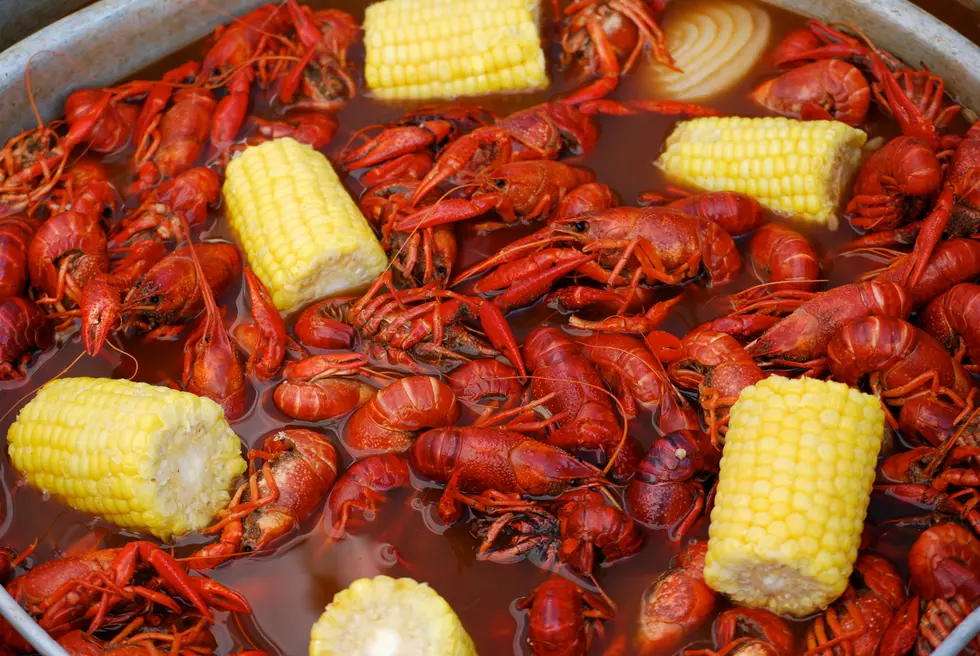
Feral Hogs Now Costing Louisiana Whopping $91 Million Each Year
To say that Louisiana has a "slight problem" with wild hogs would be like saying that Willie Nelson has a slight passion for marijuana.

In the latest report released this week from the LSU AgCenter, feral hogs are doing $91.1 million in damage to Louisiana every year. That's an increase of about $15 million in annual damages from the numbers released last year.
Here's what they have to say on the matter:
Based on responses to a 2021 survey, the study found that hog damage costs landowners $66.2 million in crop losses and $24.9 million in other expenses annually. More than 950 people completed the survey, representing nearly 660,000 acres of crop fields, pastures and woods.
The hogs cause a myriad of problems to Louisiana agriculture, an industry worth about $12 billion annually. They root up, wallow in and trample crops, tree seedlings and wildlife food plots. They also are known to wreak havoc on pastures, drains, levees, fences and waterways.
And without some type of human intervention, this problem is only going to get worse.
The USDA goes so far as to say that there are two types of landowners in Louisiana.
- Those who have hogs
- Those who will have hogs
If you remember a little over four years ago, in May of 2018, feral hogs were absolutely destroying the golf course at East Ridge Country Club in Southeast Shreveport.
That was just one example of the destruction these swine are capable of. In fact, according to an article from Mississippi Wildlife and Fisheries,
According to a USDA study, wild hogs can be blamed for $1.5 billion in damages every year in the United States. The feeding habits of wild hogs make them particularly destructive to crops, woodland habitats, levees, moist soil units, golf courses, and right of ways.
The Louisiana Department of Wildlife and Fisheries explains that feral hogs further complicate things in the Bayou State:
- Impact wildlife by direct competition for hard mast resources (fruit of forest trees and shrubs, such as acorns and other nuts) and by preying on reptiles, amphibians, ground-nesting bird eggs, and mammals including deer fawns.
- Uproot both planted and naturally regenerated coniferous and hardwood seedlings, and their heavy consumption of hard mast significantly reduces natural forest regeneration.
- Increase erosion and shed coliform bacteria into waterways.
- Heavily impact agriculture, uprooting planted seeds, destroying mature crops and uprooting hayfields making hay cutting difficult to impossible.
The real question here is, "How can this situation be remedied?"
You find the answer to that one and I promise you, that your bank account will rival Bill Gates'.
States with the most registered hunters
LOOK: Here Are 30 Foods That Are Poisonous to Dogs
More From 92.9 The Lake








